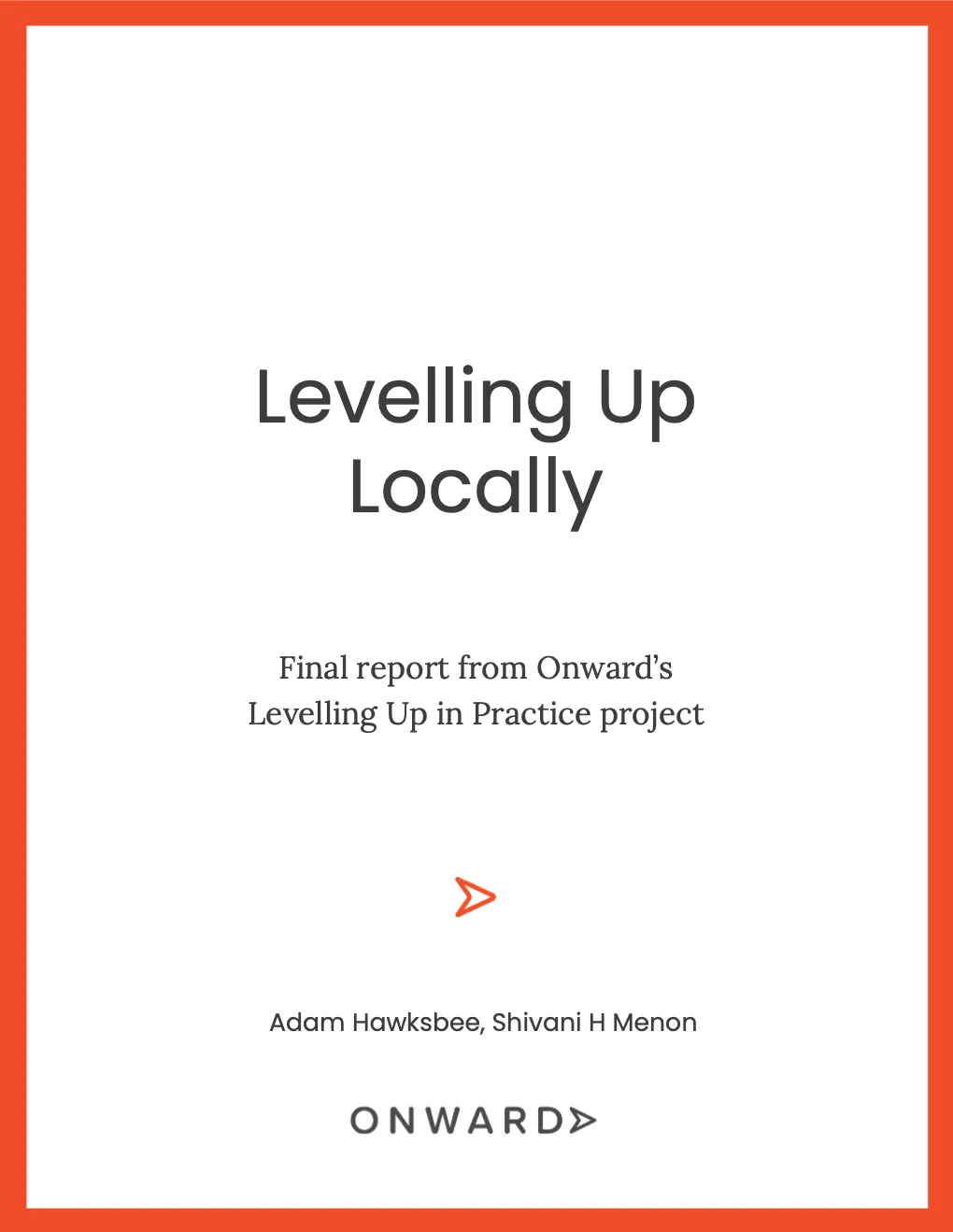
Levelling up is an ambitious mission. Britain’s regional divides have developed over decades, leaving communities fractured and economies hollowed out. Governments of every party and persuasion have made tackling the problem a priority. And yet it persists. The Levelling Up White Paper outlined a new strategy across over 300 pages, combining twelve long-term missions with steps to change how Whitehall works and the creation of new departmental programmes. The Westminster debate has focussed on the national challenge.
But levelling up is inherently local. The problems are most keenly felt in boarded up shops and run down town centres. It is about safe streets and clean parks just as much as increasing productivity and employment. Restoring pride in place and addressing the hyper-local roots of deprivation must be the initial, practical steps towards long-term change. But the practical interventions to kickstart levelling up locally are not well understood and rarely shared. Only by properly diagnosing the problem and developing solutions at a local level can we achieve the national goal.
Onward’s Levelling Up In Practice programme seeks to address this gap. In 2022 we spent time in areas across the country talking to local leaders and members of the public to understand what mattered to them. Our premise is that while national policy is important, most of the intelligence, levers, and energy to level up are found locally. By identifying and sharing what works in the form of a practical playbook for local leaders, we hope to catalyse progress. This report is the final product of our research programme, and builds on interim case studies of the five areas we spent time in: Oldham, South Tyneside, Walsall, Clacton, and Barry.
Our conversations across the country identified five common challenges. These issues are consistently raised by the public, observable in the data, and stubbornly persist over time:
In every area, these common challenges had particular characteristics and blocked levelling up to differing degrees. In Oldham, antisocial behaviour on public transport restricted connectivity and hollowed out the town centre. In South Tyneside, extreme health inequalities drove economic inactivity and held back industry, while community-assets remained untapped.